
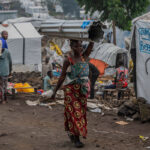
Here’s how Ipas works with local partners and humanitarian organizations to ensure that women and girls in crisis settings can access the sexual and reproductive health care they urgently need.
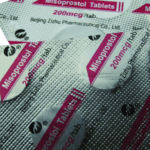
A new study using mystery clients reveals major gaps in access to abortion with pills in Kinshasa. Only 23% of pharmacies gave correct dosage info—putting people’s health at risk.
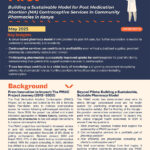
The PMAC model has demonstrated clear wins for clients (through personalized care) and the health system (by positioning pharmacies as accessible contraceptive outlets). But the third leg of the triangle – the provider – remains less understood: Can pharmacies profit while delivering these services?
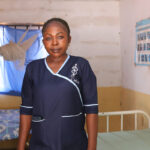
In the aftermath of humanitarian crises, many communities are forced out of their settlements, increasing their vulnerability. In such challenging environments, transactional sex for food is the norm, and consequently, increased instances of rape and forced marriages.
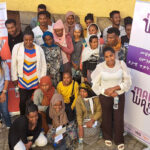
The Make Way Project is a four-year initiative by Ipas Ethiopia and partners to expand access to sexual and reproductive health information and services for young people in Ethiopia—particularly those who have been displaced or who live with disabilities.

On April 23, the Bolivian Senate approved a bill to eliminate legal exceptions that previously allowed marriage from the age of 16 with parental or judicial authorization. This milestone represents a historic victory for the protection of girls and adolescents against child marriage.
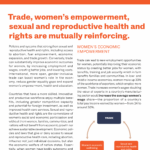
This brief highlights how international, more open, gender-inclusive trade can boost women’s role in the economy, can reduce gender quality gaps, and can expand women’s empower, health and education—and how trade, women’s empowerment and sexual and reproductive health and rights are mutually reinforcing.
In March 2025, a broad spectrum of key stakeholders gathered in Mogadishu, Somalia, to discuss how to build a sustainable ecosystem for maternal and reproductive health care. A strategic roadmap emerged from the multi-day event, along with a shared commitment by stakeholders to implement the plan and transform the country’s maternal and reproductive health landscape.
A recently released national report details a study highlighting gaps in Kenya’s sexual and reproductive health services—and gives compelling evidence that expanding access to modern and effective family planning and contraception is crucial to preventing unintended pregnancies and unsafe abortion methods.

